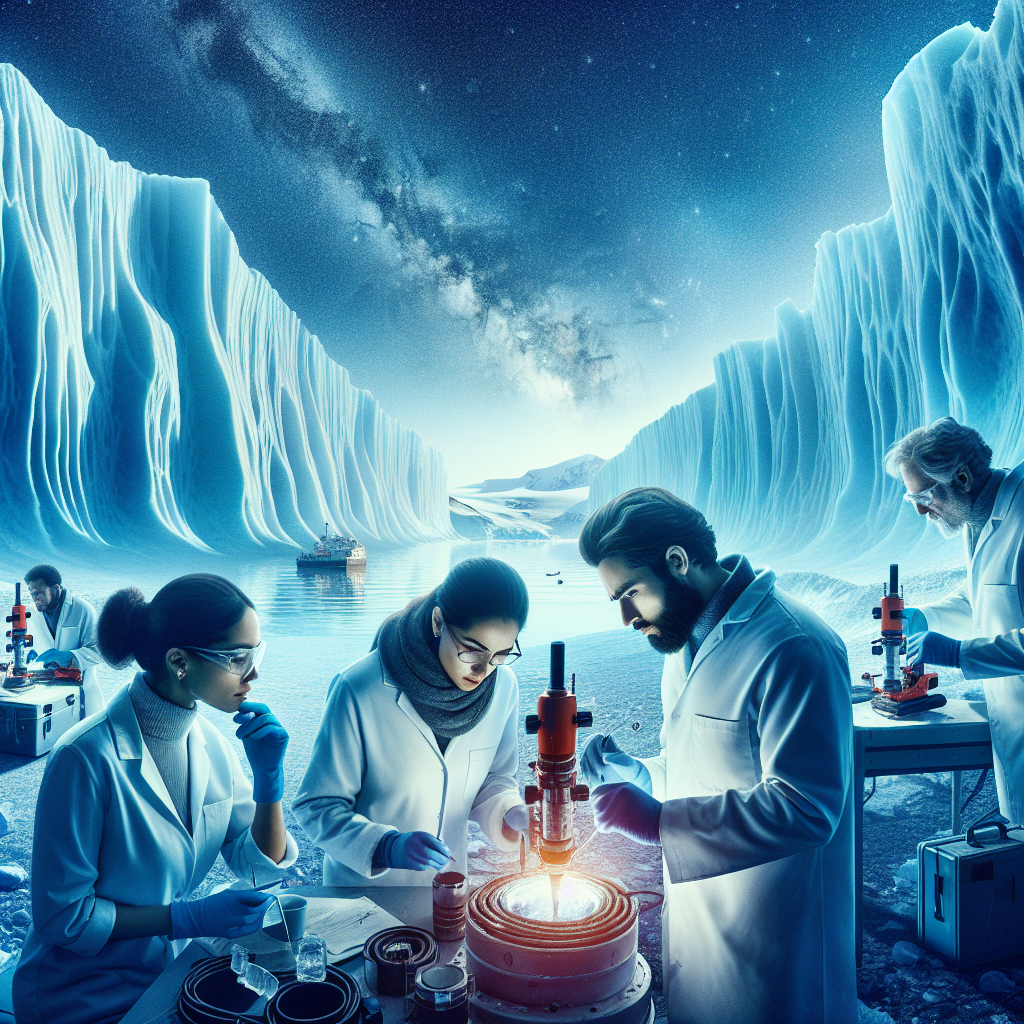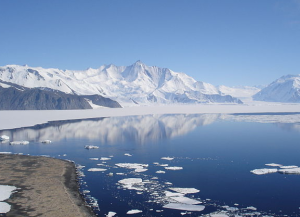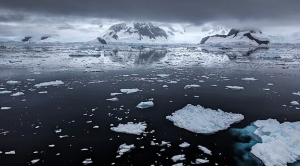
Uncovering Ancient Climate Secrets from 1.5 million-Year-Old Ice
In an era of rapid climate change and scientific innovation, a team of researchers is about to unlock the ancient secrets hidden within a 1.5 million-year-old ice core from Antarctica. This discovery promises to revolutionize our understanding of past climate conditions and offers new insights into the Earth’s climatic future.
Recently, BBC News highlighted this groundbreaking project, where scientists aim to extract invaluable climate data from deep within the Antarctic ice sheets (BBC). As the team prepares to delve into the icy archives, their efforts hold the potential to fill crucial gaps in our climate history.
The Significance of Ancient Ice Cores
Ice cores are extraordinary time capsules, preserving minute details about Earth’s climatic past. Trapped within layers of ice are bubbles of ancient air, offering a direct snapshot of atmospheric conditions, such as greenhouse gas concentrations, from centuries and millennia ago. These records are pivotal for scientists to reconstruct historical climate changes and model future scenarios.
The significance of this particular ice core cannot be overstated; it is one of the oldest ever extracted, potentially containing climate information spanning well beyond current records. By studying its contents, scientists aim to unravel the mysteries surrounding historical ice ages and interglacial periods that have shaped our planet’s environmental history.
The Journey of Discovery
Conducting such research in the harsh and frigid environment of Antarctica is fraught with challenges. The logistics of drilling deep into the ice while ensuring sample integrity demand innovative solutions and robust planning. But the rewards of this arduous process promise to be immense.
The ice core drilling team, a dedicated group of climatologists and geologists, meticulously plans their operation, ensuring that the extraction process safeguards the pristine quality of these invaluable samples. Once retrieved, the ice cores undergo detailed analysis in specialized laboratories designed to preserve their integrity for accurate testing.
Unveiling Past Climates
The data extracted from these ancient ice layers will provide insights into past climatic events, including shifts in temperature, precipitation patterns, and atmospheric composition. Such information is crucial for validating existing climate models and enhancing predictions concerning future climatic conditions.
Through isotopic analysis and other cutting-edge techniques, researchers will explore the historical trends of carbon dioxide and methane—major greenhouse gases linked to the Earth’s temperature regulation. Understanding these dynamics will allow scientists to compare past and present climates, offering vital context for the current trajectory of global warming.
A Collaborative Global Effort
This endeavor not only showcases the prowess of modern science but also underscores the spirit of international collaboration. Researchers from various countries unite under the common goal of deciphering the secrets buried within the ice, driving a collective effort to confront one of humanity’s most pressing challenges: climate change.
As the world grapples with record-breaking temperatures and unpredictable weather patterns, findings from this project could inform global policy and conservation efforts. Such research emphasizes the urgency of climate action, fostering a broader understanding of our planetary ecosystem.
The anticipation surrounding the study of this ancient Antarctic ice is palpable. As scientists venture into the deep freeze, guided by curiosity and driven by the exigencies of our changing climate, the knowledge gleaned from these ancient layers promises to reshape our understanding not only of the past but also of the narratives that will guide our future.
This remarkable undertaking reminds us of the inexhaustible possibilities afforded by science and cooperation and the crucial role they play in safeguarding our planet’s sustainable future.



